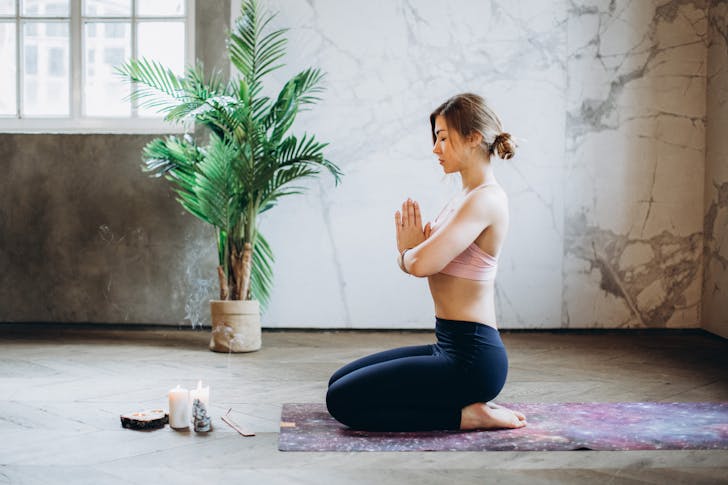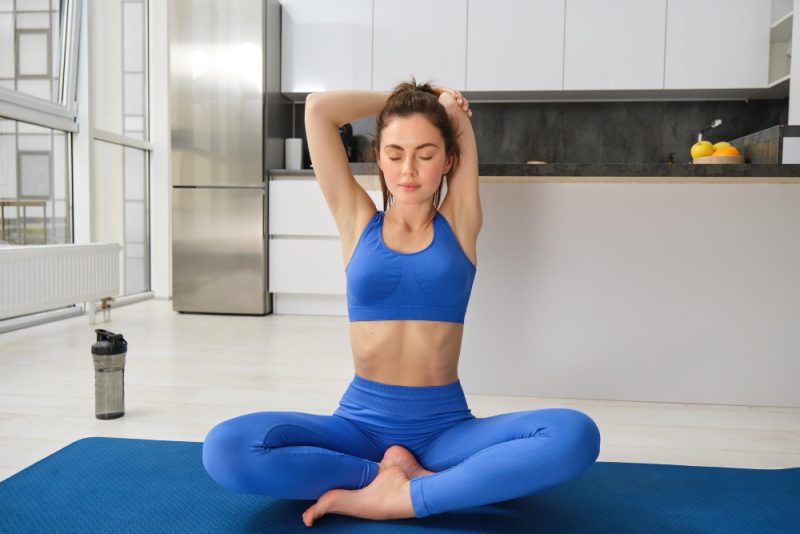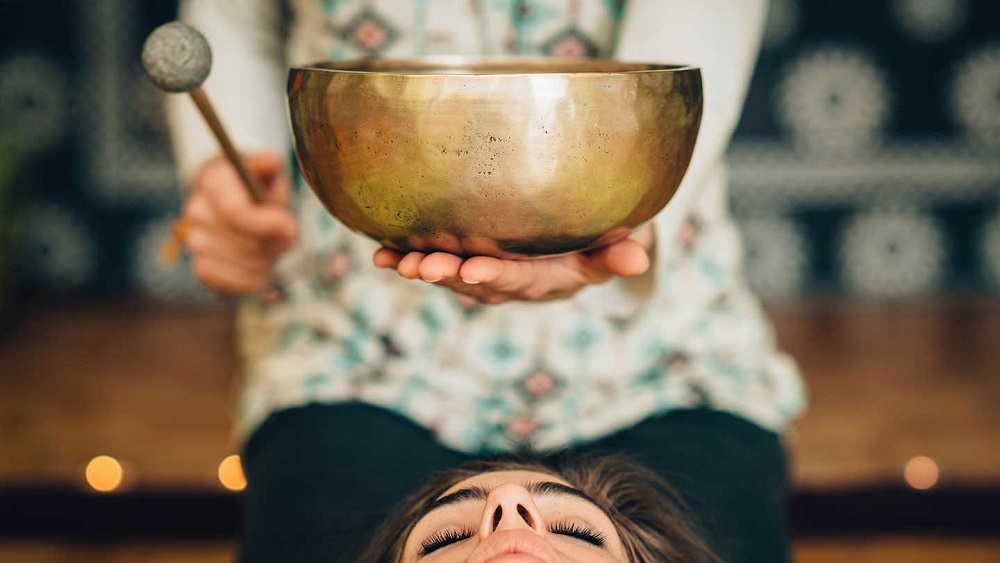Mindfulness is a powerful tool backed by science that can actually help you stay on track with your health goals. Want to eat better, move more, or sleep well? This simple practice can sharpen your mental game and help you push through when motivation fades.
However, mindfulness won’t burn calories or grow muscle, but it builds the mental muscles that matter. Think focus, resilience, and self-control. These are the skills that separate short-term effort from long-term success.
Here is how mindfulness works behind the scenes to keep your health goals alive:
Helps You Build Healthy Habits
Mindfulness helps you show up for your goals, even when it is tough. When you are fully aware of what you are doing and why, you are less likely to quit when things get uncomfortable. That first week back at the gym? The soreness? The awkwardness?

Elly / Pexels / Mindfulness teaches you to observe it all without judgment, instead of avoiding the feeling.
This kind of awareness turns your “have to” into a “want to.” You begin to move, eat, and rest from a place of purpose, not pressure. That shift in mindset makes your healthy choices stick because they are not forced. They feel real, and that makes them last.
Improves Self-Regulation
The act of being mindful helps you pause before reacting. When you are stressed, tired, or bored, it is easy to fall into autopilot, grabbing chips or skipping your workout. But mindfulness trains your brain to notice what is happening in the moment and choose a better response.
It builds emotional awareness, which gives you space to make smarter choices. Instead of crushing a pint of ice cream after a bad day, you might go for a walk or call a friend. That space between trigger and response? That is where change happens, and mindfulness gives you access to it.
Makes Healthy Habits More Enjoyable
When you are mindful, everyday things become more interesting. A walk isn’t just a walk. It is a moment to notice how your body moves, how the air feels, how the sky looks. That kind of focus makes your workouts or meals more satisfying and less like chores.

Free Stock / Pexels / The more you enjoy something, the more likely you are to keep doing it. Mindfulness helps you find those sparks of joy in small moments.
That matters because health goals aren’t built in one big leap. They are built in tiny, repeatable steps. And when those steps feel good, you stick with them.
Helps You Bounce Back
You will mess up. Everyone does. You will eat the cookie, skip the gym, or stay up too late scrolling your phone. The difference is how you respond. Mindfulness helps you notice the slip without spiraling into shame.
It is like training your brain to say, “Oops, that happened,” and then calmly return to your goal. No drama. No guilt trip. That is resilience. Mindfulness builds that bounce-back muscle by helping you observe without judgment and reset with kindness.
How to Start a Mindfulness Practice?
You don’t need a yoga mat, candles, or a week-long retreat. Mindfulness starts with five minutes and a little curiosity. One of the best ways to begin is with a short, guided meditation. Try an app like Headspace or Calm, or look for free audio recordings from medical centers.
A simple body scan, where you pay attention to physical sensations from head to toe, is a great place to start.
Once you get the hang of it, start weaving mindfulness into everyday stuff. Eat without a screen. Notice the smell, texture, and taste of your food. Take a walk without earbuds and tune into how your feet feel on the ground.















